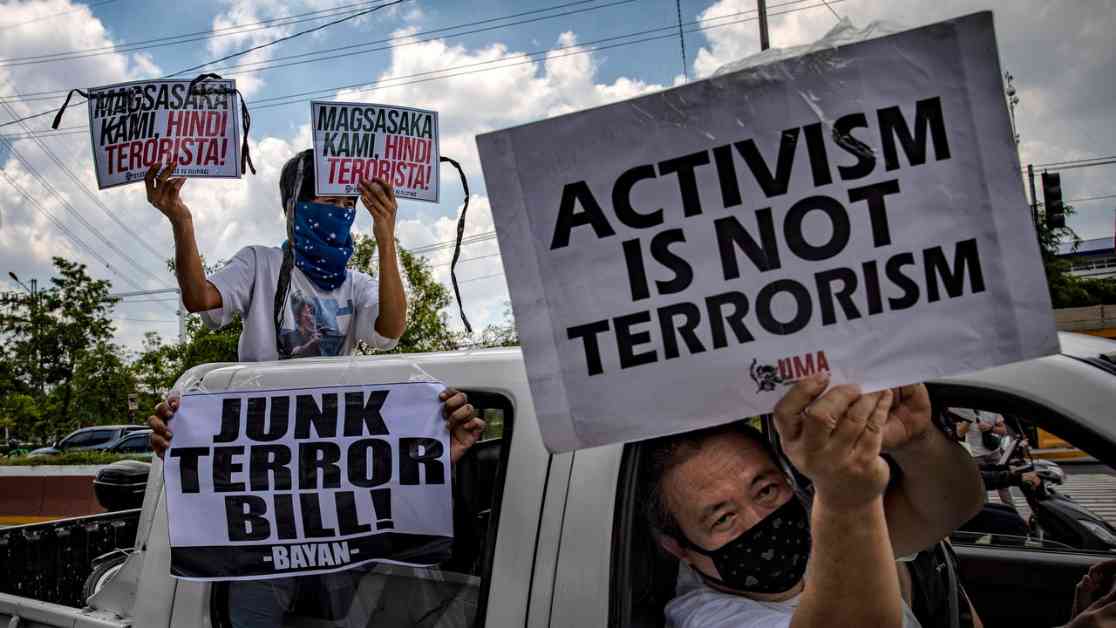In the fight against financial crime, one of the key challenges is preventing strongmen from misusing tools to target individuals and organizations that they perceive as threats. This issue was brought to light in a recent case involving the Community Empowerment Resource Network (CERNET), a Philippine charity that found itself in the crosshairs of authorities.
Unjust Accusations
In May, 27 members of CERNET were charged with bankrolling communist rebels, a claim that raised eyebrows among those familiar with the organization. Among those targeted was Estrella Flores-Catarata, an associate of CERNET who had received an award from the UN for her work with indigenous people the previous year. Despite her lack of criminal record and the questionable nature of the charges, she was briefly detained before being released on bail.
This case is just one example of how financial tools can be misused to target individuals and organizations that are working to bring about positive change in their communities. By cracking down on these groups under the guise of combatting terrorism or other threats, authorities can stifle dissent and undermine efforts to address social and economic injustices.
Impact on Civil Society
The targeting of CERNET and similar organizations has broader implications for civil society in the Philippines and beyond. When charities and NGOs are harassed and their assets frozen, it becomes increasingly difficult for them to carry out their vital work. This not only harms the communities they serve but also erodes trust in institutions and undermines the rule of law.
Furthermore, the use of draconian laws like the Philippines’s Anti-Terrorism Act to target legitimate organizations raises concerns about due process and the protection of fundamental rights. By weaponizing financial tools in this way, authorities can effectively silence dissent and marginalize those who seek to hold them accountable.
International Response
The case of CERNET has also drawn attention from the international community, with human rights organizations and foreign governments expressing concern about the targeting of civil society groups in the Philippines. The use of financial tools to suppress dissent is a tactic that is not unique to the Philippines and has been seen in other countries where authoritarian leaders seek to consolidate power and silence opposition.
In response to these concerns, Western governments and banks must be vigilant in preventing the misuse of financial tools by strongmen to target exiled dissidents and civil society organizations. By strengthening oversight and accountability measures, they can help ensure that these tools are not used to undermine democracy and human rights.
In conclusion, combatting financial crime requires a concerted effort to prevent strongmen from misusing tools to target individuals and organizations that they perceive as threats. The case of CERNET serves as a stark reminder of the dangers of allowing authoritarian leaders to weaponize financial tools for their own ends. By standing up for civil society and defending the rights of those who work to bring about positive change, we can help build a more just and equitable world for all.

















